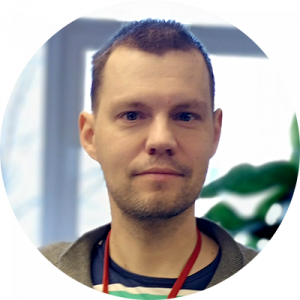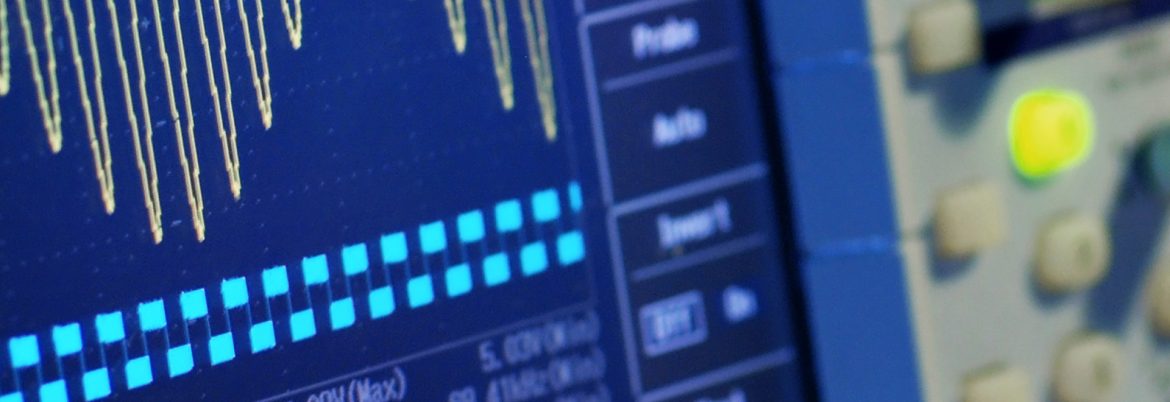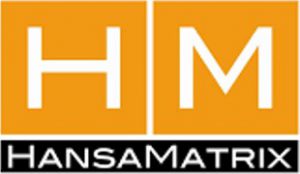Awarded academic degree: Master of Engineering in Computer Engineering and Electronics
Complete study program volume CP (ECTS): 120 or 90
Possible forms of education and study languages:
- Full-time – 2 years / 1.5 years (English, Latvian)
- Part-time – 2.5 years / 2 years (English, Latvian)
120 CP (ECTS)
Bachelor’s degree in Engineering in Electronics and Automation, Electrical Engineering, Information and Communication Technologies, Robotics and equivalent education with a completed programme of at least 180 CP (ECTS).
First-cycle professional higher education or Engineering bachelor’s degree in Transport, Metalworking, with at least 1 year of professional experience in the field of Electronics and Automation, entrance exam
90 CP (ECTS)
First-cycle professional higher education or engineering bachelor’s degree in Electronics and Automation, Electrical Engineering, Information and Communication Technologies, Robotics, and equivalent, if the bachelor’s degree was obtained in at least four years of studies with a minimum of 240 CP (ECTS)
! Admission with previous non-core education is considered on an individual basis after consultation with the programme director.
“This study program prepares specialists with international qualifications in the field of Embedded electronics, who know the principles of engineering and are able to develop modern electronic real-time systems”

Director of the Programme
Education of highly qualified specialists in the field of electronics, who can further:
apply for the post of a head of the technical department or laboratory at the production site, in the state institutions or research institutes and universities
engage themselves in the leading hardware and software development
independently carry out scientific research
continue education in doctoral studies
Project Manager in Electronics
Head of Production Department
Consultant of Local and International Projects in the Field of Electronics
Software Senior Developer for Embedded Systems
Hardware Senior Developer
Technical Author
Lecturer, Senior lecturer and later as a Professor at the University
use in practise the latest mathematical methods, modern and advanced digital signal processing algorithms, intelligent data analysis algorithms, methods for software implementation for embedded electronic systems
About the Programme
Programme prepares specialists with international qualifications in the field of embedded electronics, smart control, computer vision, and digital communications, who know the principles of engineering and are able to develop modern electronic, robotics, and communication real-time systems. Engage in the leading hardware and software development & problem-solving and become a future of innovation!
Short video about the programme
Blended mode
Study mode | Foreseen schedule (Day/Time) | Foreseen efforts (per week) |
Theoretical classes: Remote \ Synchronous mode | Tuesday-Thursday (18.15-21.30), | 2-4 classes (4-8 ac.h) |
Tutorials, practical classes, seminars, discussions, groupwork: Face-to-Face mode | Friday evenings (18.15-21.30) + Saturdays (8.45-15.45), weekly | 4-6 classes (8-12 ac.h) |
Independent individual or group studies | Within a semester | 20 ac.h in average |
Tuition Fee
| Full time | Part time | Distance learning | |
|---|---|---|---|
| Duration | 2 years | 2.5 years | |
| Tuition fee EUR/year | 4500 EUR | 4500 EUR | |
| Tuition fee for applicants from 🇱🇻 🇱🇹 🇪🇪 🇺🇦 🇪🇺 and EEA, EUR/year | 2700 EUR | 2700 EUR |
Structure of the programme
Block A – Mandatory Courses
| Title | CP (ECTS) |
|---|---|
| Data Mining | 6 |
| Research Methodology | 9 |
| Critical Thinking and Innovation | 6 |
| Artificial Intelligence | 6 |
| Advanced Artificial Intelligence | 6 |
| Digital Signal Processing Algorithms and Systems | 6 |
| Master Thesis | 30 |
Block B – Specialization Courses
| Title | CP (ECTS) |
|---|---|
| Microwave Circuits Design | 6 |
| Digital Communication Technologies | 6 |
| Computer Vision and Image Processing | 6 |
| Embedded Systems | 6 |
| Robotic and Autonomous Systems Design | 6 |
| Cybersecurity and Data Protection | 6 |
| Project and Requirements Management | 6 |
| Latvian for Foreign Students | 3 |
Block C – Elective Courses
| Title | CP (ECTS) |
|---|---|
| Subject of Free Choice | 4 |
Alumni testimonials





